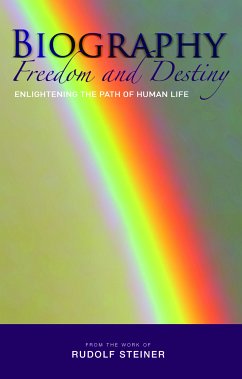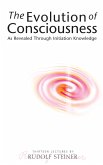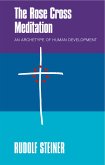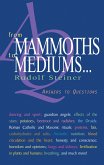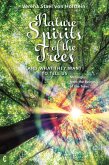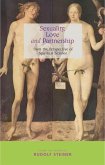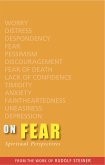This broad-ranging anthology addresses some critical and as yet unanswered questions: What effects do education - and in particular contrasting education methods - have on later life? How do the various periods of life relate to each other? Do the effects of events on the individual become evident immediately, or is their true impact delayed - perhaps by decades? To what extent can an individual shape the stages of his or her biography? How much freedom of choice do we have, and how much of life is predetermined?
Out of the higher knowledge Rudolf Steiner acquired from his spiritual research, he described the human individuality as a being with a continuing existence - before birth and beyond death. This eternal being experiences many varied conditions and situations, the effects of which are observable in our biography. This book addresses these and other issues such as freedom and destiny, the effects of heredity, illness, and the impact of education, offering answers based on a profound knowledge of the human being.
Dieser Download kann aus rechtlichen Gründen nur mit Rechnungsadresse in A, B, BG, CY, CZ, D, DK, EW, E, FIN, F, GR, H, IRL, I, LT, L, LR, M, NL, PL, P, R, S, SLO, SK ausgeliefert werden.

